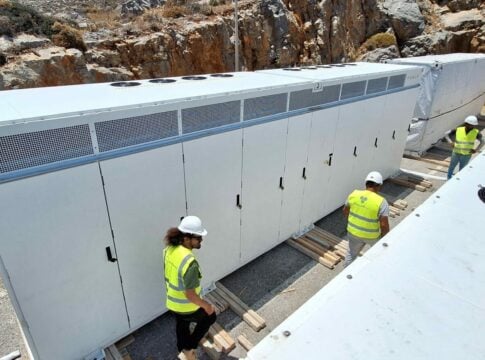Greece made the move and requested the activation of the national escape clause to exempt defense spending from future fiscal calculations.
It is now up to the Commission to evaluate the Greek request and to determine the “base year” according to which the increase in defense spending will be calculated, up to 1.5% of GDP.
Based on the regulation proposed by the European Commission, the increase in defense spending is calculated in relation to the 2021 levels.
However, the level of spending in Greece as a percentage of GDP in 2021 was particularly high at 2.7% of GDP. In this case, the benefit for Greece would be very small. “We need to consider other options to achieve equal treatment,” European sources explained to “N”.
One of the scenarios on the table, according to information, is to set 2024 as the base year for Greece, where the level of defense spending was the same as 2023, i.e. at 2.2% of GDP.
The discussion with the European Commission is expected to culminate in the coming weeks as the Commission will examine the Greek request in May, along with the requests of any countries to be submitted by Thursday, May 1.
According to a spokesperson, the final conclusions will be reflected on June 4, when the spring package will be made public within the framework of the European semester.
Up to 4 years
According to the European Commission’s “White Paper”, the escape clause can remain activated for 4 years, i.e. from 2025 to 2028. However, the possibility of extension for at least another year is provided.
During this period, the defense expenditures that will be excluded from the defense spending increase limit will be evaluated on an annual basis. It is recalled that the expenditures that can be excluded do not only concern the investment part for defense equipment but also operating expenses such as the payroll of military personnel.
Defense spending in Greece in fiscal terms (COFOG-Eurostat definition) is estimated to increase from 2.2% of GDP in 2024, to 2.3% in 2025 and 2.5% in 2026, as a result of the implementation of the new Long-Term Defense Equipment Program recently approved by the government totaling 25-28 billion euros. This covers the period 2025-2036, while defense spending levels are expected to move to high levels after 2026.














